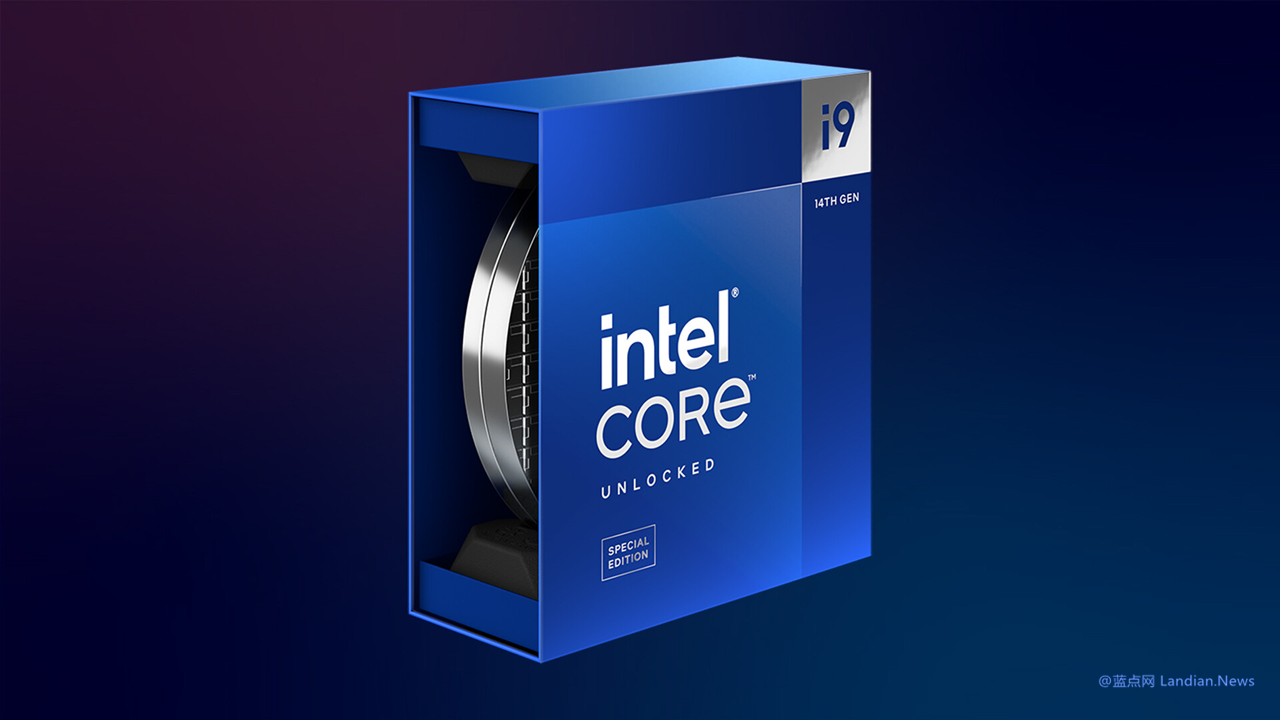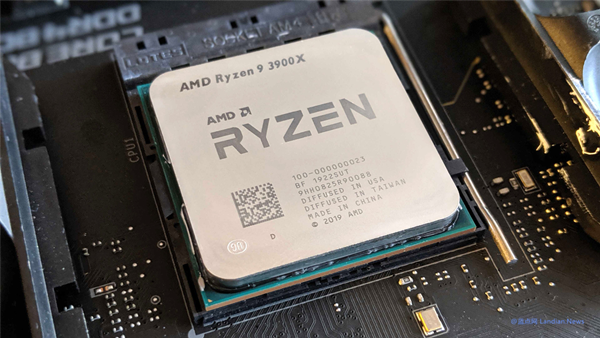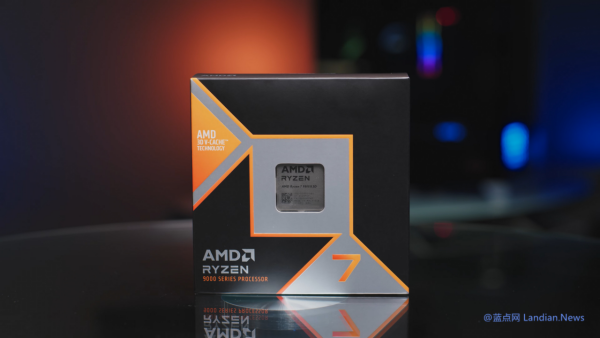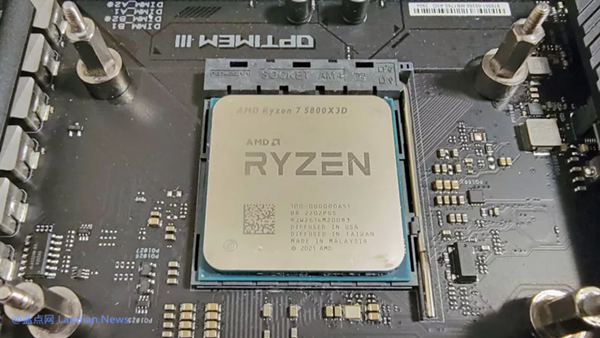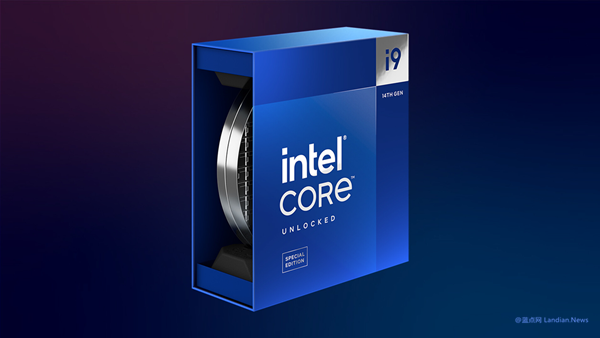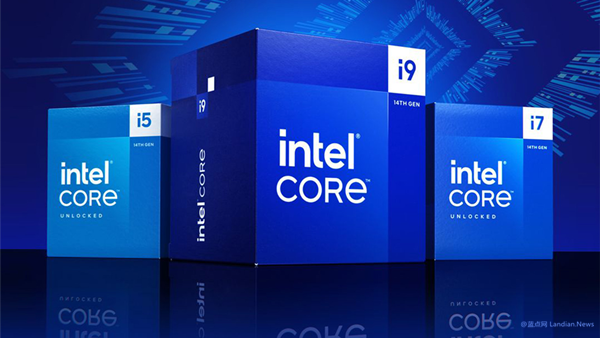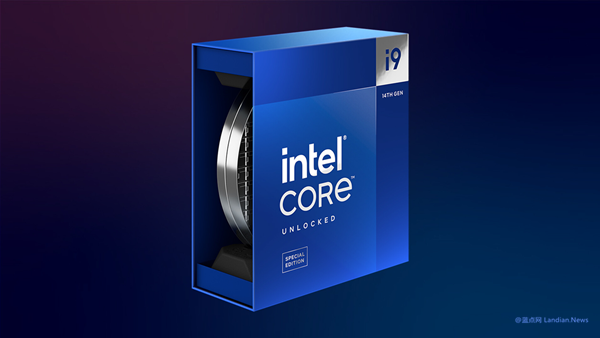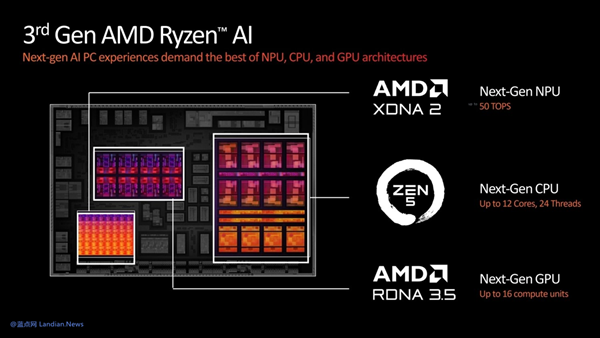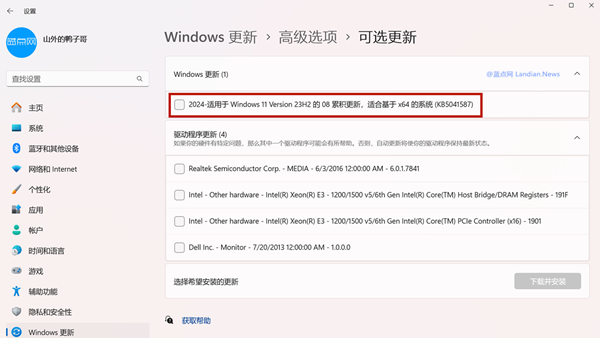Intel Shudders: Law Firm Investigates Crashes in 13th/14th Gen CPUs, Potential Class-Action Lawsuit Looms
A year ago, users began noticing crashes and instability issues in Intel's 13th and 14th generation desktop processors, but received no response from Intel until game engine developer EPIC publicly revealed the crashes were due to CPU quality issues. Intel then initiated a formal investigation.
During the investigation, Intel blamed some OEM partners for using non-compliant BIOS solutions to boost performance. Intel then developed a reference power plan and released BIOS firmware updates.
In July 2024, Intel released its final investigation report, identifying microcode errors as the root cause of the issues. These errors led to CPUs using excessive voltage, resulting in permanent damage. Intel has committed to replacing the affected CPUs for users.
Recently, the law firm Abington Cole + Ellery, specializing in class-action lawsuits and intellectual property, began investigating these issues. This firm could potentially represent users in a class-action lawsuit against Intel, which could lead to significant compensation.
One lawyer from the firm mentioned in a Reddit post that Intel promised after-sales service to all affected customers, but reports suggest Intel has not fulfilled this promise.
In response, Intel's after-sales service department stated:
Intel has fulfilled its after-sales service obligations. Affected CPU owners simply need to take a photo of their CPU and send it to Intel. Once Intel approves the assessment, they will contact the user to pre-authorize a credit card.
The pre-authorization amount is 25. Users must send the problematic old CPU back to Intel after receiving the new one. Once the old CPU is received, Intel will cancel the pre-authorization.
Alternatively, users can choose to send their problematic CPU to Intel first, and upon receipt, Intel will send a new CPU to the user.
Clearly, at least for now, Intel is addressing these problematic products, but there will always be dissatisfied users regardless of the resolution method. The law firm only needs to find enough plaintiffs to assess and then file a class-action lawsuit against Intel. All affected users could receive compensation, whether or not they participate in the lawsuit.
The key issue now is whether the law firm can find enough plaintiffs and gain court approval for class-action status. If granted, the lawsuit could last several years, with Intel possibly opting to settle the lawsuit with compensation payments.
